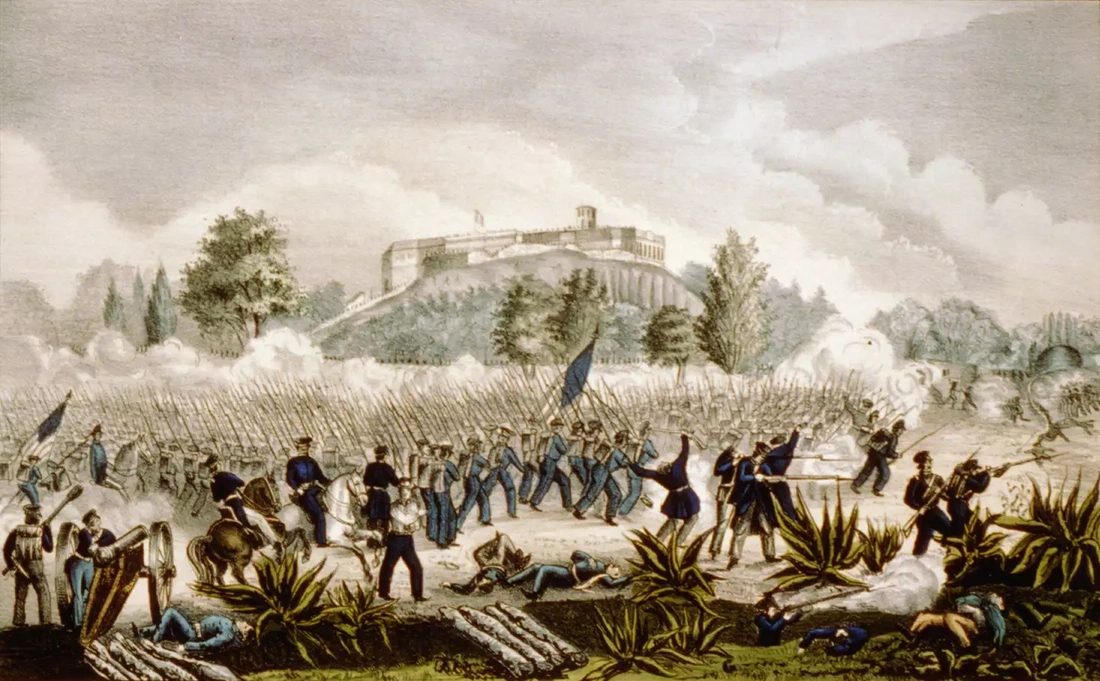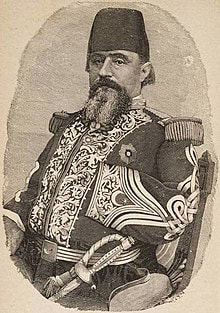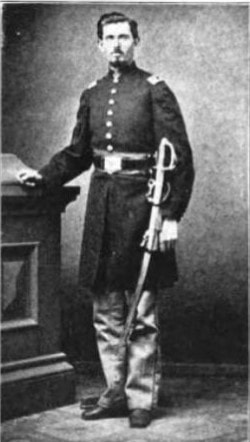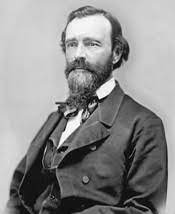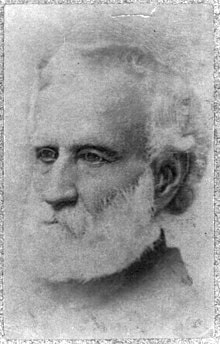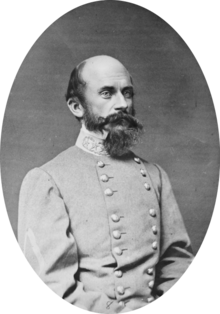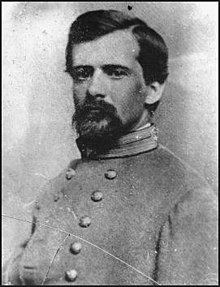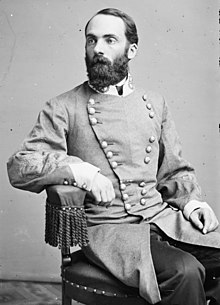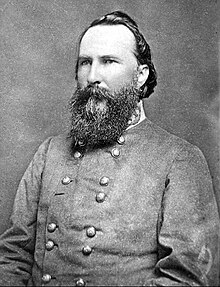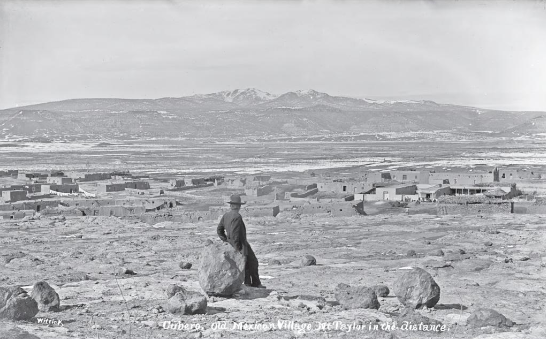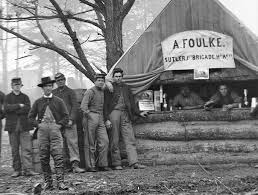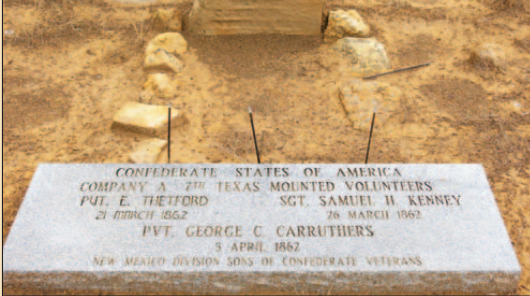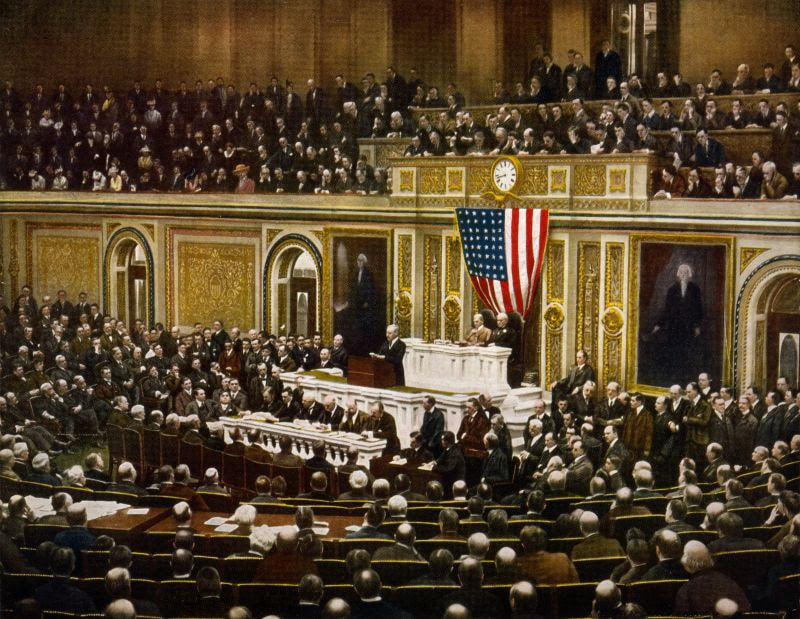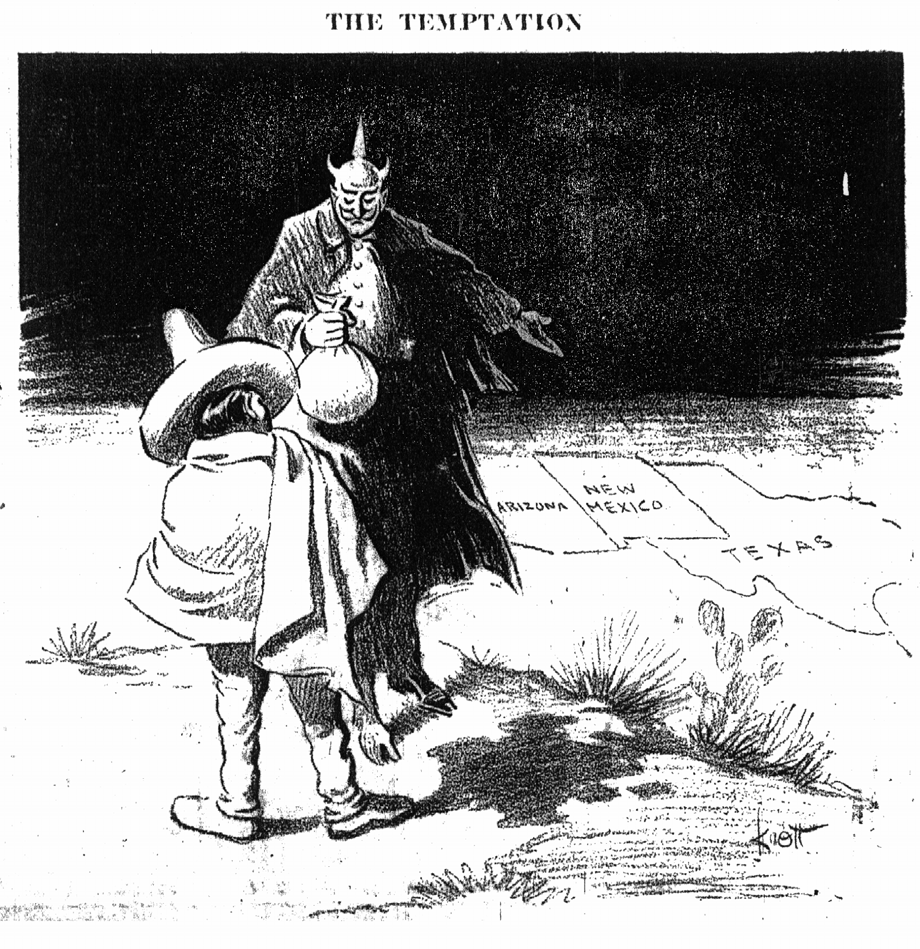
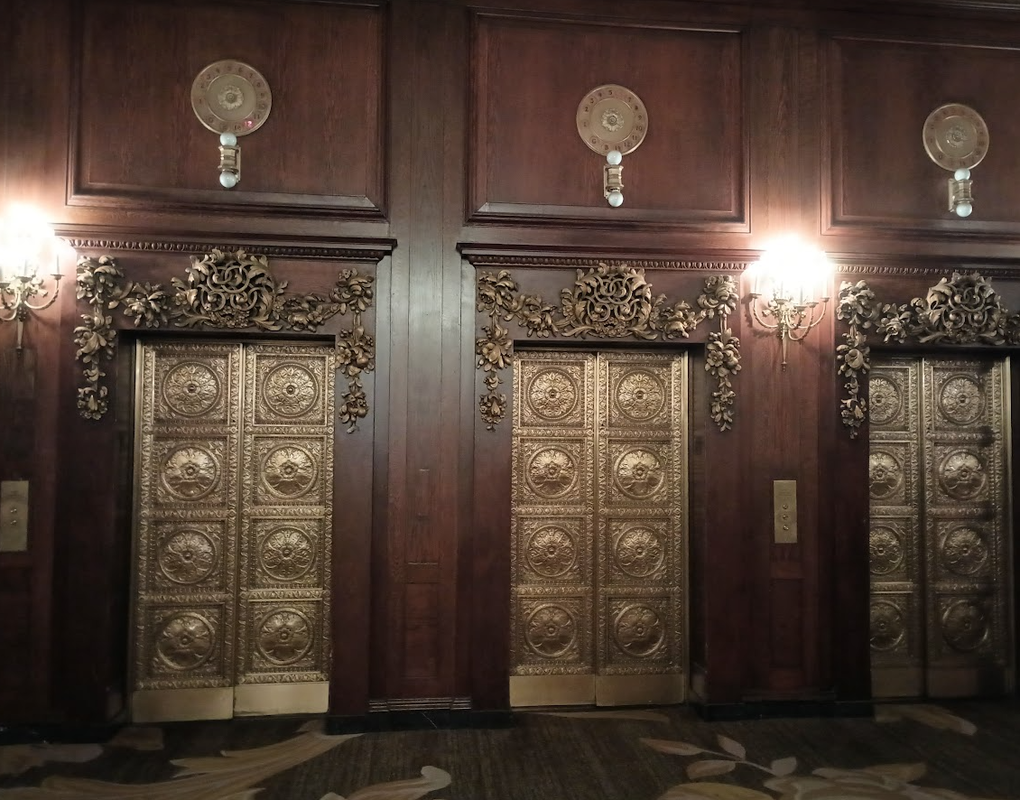

Charles Dickens kept a suite of apartments in the Parker House for five months in 1867–1868 while he was on a speaking tour of the United States. A decade later, Mark Twain told a reporter that staying at the Parker House was heavenly: "You see for yourself that I'm pretty near heaven—not theologically, of course, but by the hotel standard."
And while my husband and I were eating breakfast in the restaurant, the waitress pointed out the table in the corner where Jack Kennedy proposed to Jackie. (Martin's Tavern in Washington D.C. claims that it happened there, though.)


